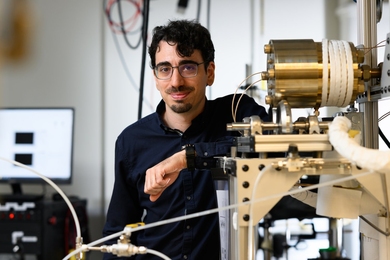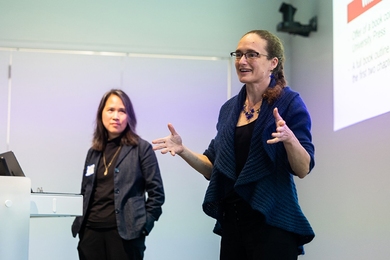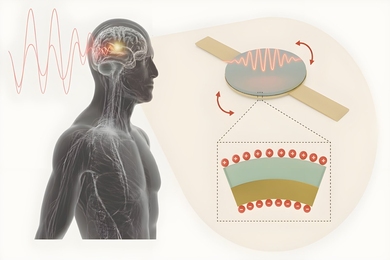In recent weeks, news organizations have been reporting on an increasing number of mumps cases at Boston-area schools. As of this date, confirmed cases have been reported at Harvard University, Bentley University, the University of Massachusetts at Boston, Boston University, and Weymouth High School. “There have been no cases of mumps at MIT,” notes MIT Medical’s Associate Medical Director Howard Heller, an infectious disease specialist. “However, we have been doing active surveillance for cases since Feb. 24, when Harvard first reported several cases of parotitis — a swelling of one or both of the major salivary glands on the side of the face — which is commonly associated with mumps.”
In addition to inflammation of the salivary glands, symptoms of mumps may include fever, fatigue, lack of appetite, jaw pain, and earache. “Sporadic cases of mumps are common,” Heller says, “but outbreaks on college campuses are rare, because mumps is a required vaccine for all enrolled students.” Students entering MIT are required to have had two MMR (measles-mumps-rubella) vaccines, he notes, “but, unfortunately, even two doses of the vaccine are not 100 percent protective.”
According to the Centers for Disease Control, the incubation period for mumps ranges from 12-25 days after infection. Individuals are likely infectious five days before they begin showing swelling of the salivary glands and remain contagious for five days thereafter. Most people with mumps recover completely within a few weeks.
At this point, Heller does not believe there is any increased risk to the MIT community and is not making any special recommendations other than increased attention to the use of standard hygiene practices, including frequent handwashing and not sharing food and drinks with others.
“MIT Medical will continue to monitor the situation,” he says. “We’ll continue to reassess the risk to MIT students and will be prepared to take any additional steps we deem necessary.”






